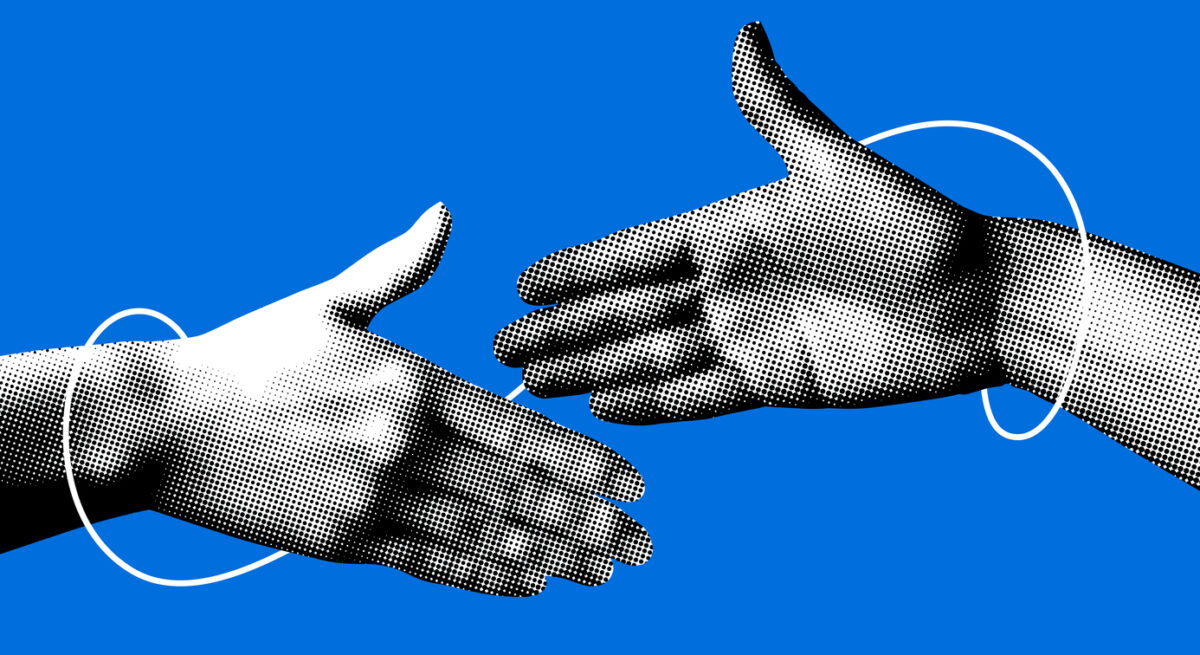Sitting at brunch, I was stunned to hear my friend tell me exactly what kind of friend and colleague she thought I was–a terrible one. “You missed my 40th birthday party,” she said. “You haven’t been there for me at all; not at home and not at work. I don’t even know why I bother with this friendship anymore.”
I was completely blindsided. Yes, I had missed her party. In fact, I’d missed a lot of things. I was in the middle of a divorce and barely managing to keep myself together. I hadn’t even let her know I wouldn’t be coming.
But Amy didn’t ask about any of that. And I didn’t explain.
When Saboteurs Collide
Looking back through the lens of Mental Fitness, I can see exactly what happened. Amy’s Victim saboteur had completely taken over. The Victim saboteur causes us to focus solely on our internal feelings, particularly painful ones. Her disappointment about her birthday had evolved into a story where I was a bad, selfish friend who didn’t care about her.
Meanwhile, my Avoider saboteur kicked into high gear. Rather than calmly explaining what I was going through or trying to empathize with her feelings of being neglected, I simply walked away from the friendship and let our work connection cool. The Avoider’s desire to avoid any kind of difficult conversation meant I let our friendship end rather than doing the difficult work to build a strong connection.
The Cost of Saboteur Interference
When our saboteurs drive our relationships, we miss opportunities for the strong connections we crave. Amy’s Victim saboteur prevented her from extending empathy or curiosity about my situation. My Avoider saboteur robbed us of the opportunity to work through our conflict and strengthen our friendship.
Amy had created a story that my absence meant I didn’t value our connection. I had created a story that her anger was too threatening to deal with.
Working with Empathy, Curiosity, and Discernment
I wonder now what might have happened if we had approached this conflict with empathy, curiosity and discernment rather than judgement?
Empathy would have helped Amy consider that things might be happening in my life that could explain my absence. It would have helped me consider how important that milestone birthday was to her and understand how deeply she felt my absence.
Curiosity would have led to mutual questions instead of accusations. “I missed you at my party. Is everything okay?” instead of “You’re a terrible friend.” Or from my side: “I’m sorry for missing your party. You sound really hurt and angry. Is that what you’re feeling?”
Discernment would have guided us to a deeper understanding of whether our responses aligned with our values and whether the friendship was mutually valuable.
What Science Tells Us About Connection
When we operate from empathy and curiosity rather than saboteur messages, we create what researchers call “psychological safety”—the sense that we can be vulnerable, make mistakes, and still be accepted. This is the foundation of fulfilling relationships.
Practical Steps to Build Strong Connections
Notice Your Saboteurs: When you feel triggered in a relationship, pause and ask: “Is a saboteur activated right now?” Are you creating negative stories about the other person’s intentions?
Use the “WIN” Question: When relationship conflicts arise, ask yourself “What’s Important Now?” Often, the answer isn’t being right–it’s preserving or deepening the connection.
Practice Empathy: Before deciding what someone’s behavior means, get curious about what might be driving it. What might they be experiencing that you don’t see?
Be Discerning: Sometimes ending relationships is the healthiest discerning choice; sometimes our saboteurs push us into judgement and behaviours that weaken rather than strengthen relationships that we value.
Sadly, Amy and I never did reconnect. But from that experience, I have worked to intercept my saboteurs and navigate my relationships from a place of self-compassion, empathy for my friends, and mutual curiosity.
Relationships at work, in our families, and with our friends will always come with challenges. How we choose to meet those challenges determines whether those challenges lead to the deeper connections we all desire.
Ready to Transform Your Relationships?
If you find your work and personal relationships challenging, if you want to improve them and create more fulfilling connections, and you’re curious about how Mental Fitness can help, I invite you to join the upcoming Calm Confident Nonprofit Leader course beginning September 8.
This comprehensive group program will give you the tools to recognize your saboteurs in real time, strengthen your inner powers including empathy and curiosity, and build the kind of stronger connections that energize rather than drain you–both personally and professionally.
With limited places available to ensure individual support and attention, early bird pricing is available until August 8.
Don’t let another important relationship end because of saboteur thinking. Use these four steps to build strong connections.
